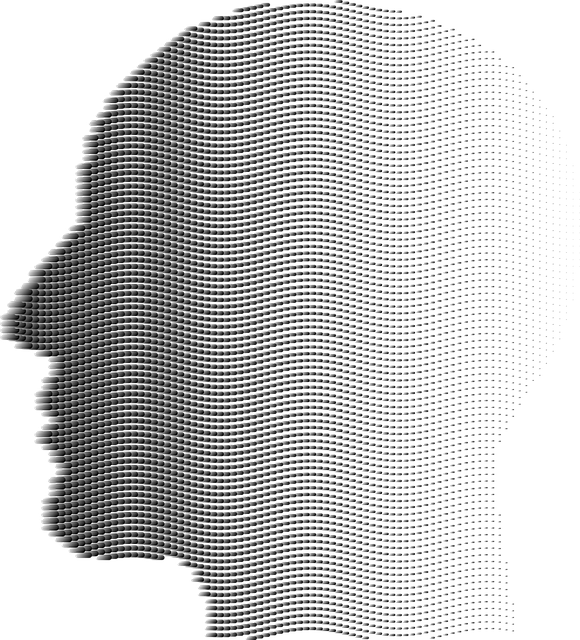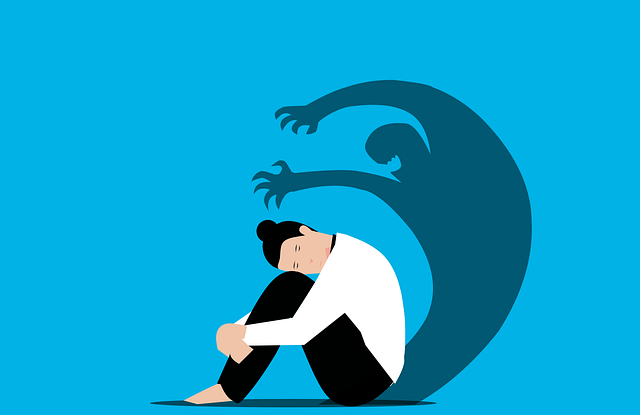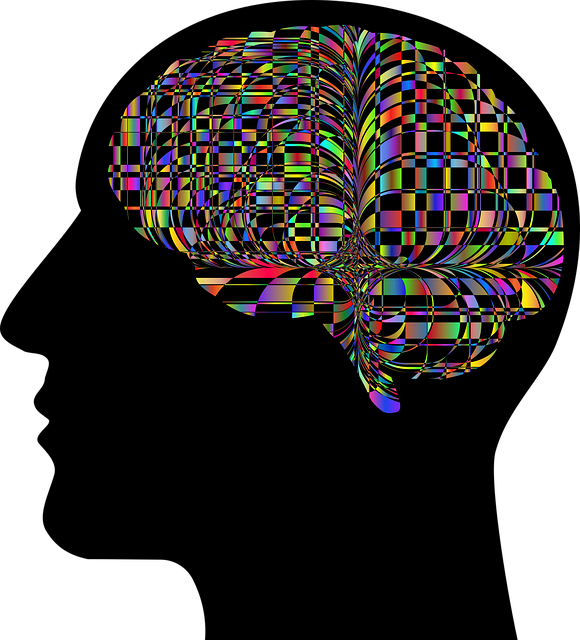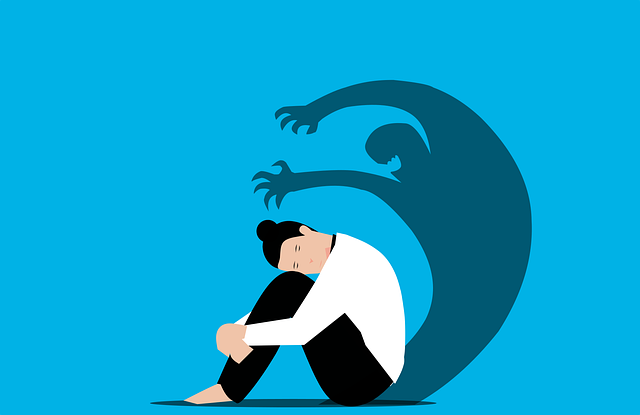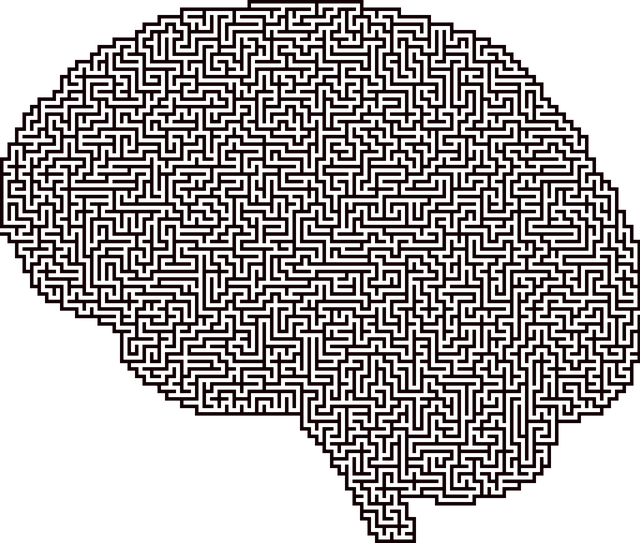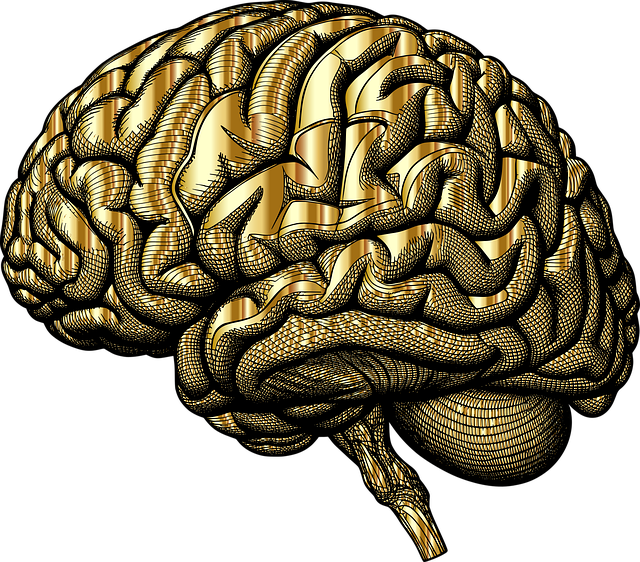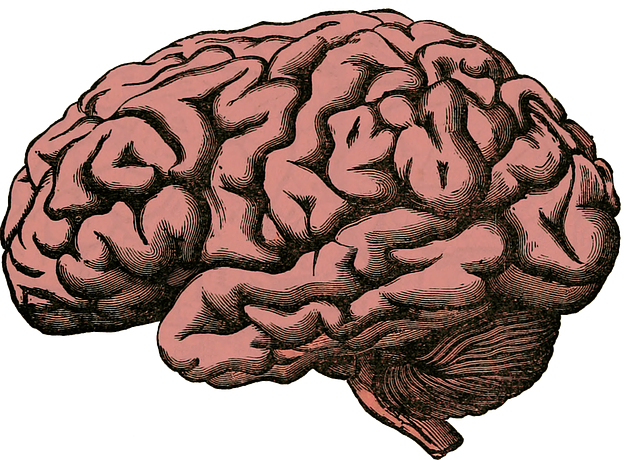Attention Deficit Hyperactivity Disorder (ADHD) and Attention Deficit Disorder (ADD) are neurodevelopmental conditions characterized by inattention, hyperactivity, and impulsivity. Effective management requires early diagnosis and comprehensive therapy options like cognitive-behavioral therapy (CBT), mindfulness training, and structured behavior interventions. Self-care routines emphasizing exercise, healthy eating, and mental wellness coaching also aid symptom control. Therapy for ADD-ADHD plays a pivotal role in teaching coping strategies, addressing root causes, and promoting self-awareness. Regular therapy sessions, integrated into daily routines, support improved focus, organization, and interpersonal connections. Community outreach programs and additional practices like mindfulness and conflict resolution further enhance mental wellness for individuals navigating these conditions.
Mental wellness is a cornerstone of overall health, and promoting it effectively addresses challenges like Attention Deficit Disorder (ADD) and Attention Deficit Hyperactivity Disorder (ADHD). This article delves into comprehensive strategies for managing these conditions. We explore the pivotal role of therapy in mitigating symptoms, with an emphasis on understanding ADD-ADHD, its diagnosis, and diverse therapeutic approaches. Additionally, we provide practical tips for integrating therapy into daily life and highlight supportive measures that go beyond therapy to enhance mental wellness.
- Understanding ADD-ADHD: Symptoms and Diagnosis
- The Role of Therapy in Managing ADD-ADHD
- Different Types of Therapy for ADD-ADHD
- Strategies for Integrating Therapy into Daily Life
- Supportive Measures to Enhance Mental Wellness Beyond Therapy
Understanding ADD-ADHD: Symptoms and Diagnosis

ADD-ADHD, or Attention Deficit Hyperactivity Disorder, is a neurodevelopmental condition often characterized by a persistent pattern of inattention, hyperactivity, and impulsivity. These symptoms can significantly impact daily functioning, affecting both children and adults. Individuals with ADD-ADHD may struggle with organization, time management, and maintaining focus on tasks, which can lead to challenges at school, work, or home.
Diagnosis typically involves a comprehensive evaluation by healthcare professionals, including psychiatrists, psychologists, or neurologists. This process often includes interviews, behavioral observations, and standardized assessments. A thorough assessment helps differentiate ADD-ADHD from other conditions with similar symptoms, ensuring an accurate diagnosis. Early identification is crucial for successful management, and various therapy options are available, such as cognitive-behavioral therapy (CBT), mindfulness training, and structured behavior interventions. Additionally, developing a robust self-care routine, including regular exercise, healthy eating, and mental wellness coaching programs, can support individuals in managing their symptoms and improving self-esteem.
The Role of Therapy in Managing ADD-ADHD

Therapy plays a pivotal role in managing Attention Deficit Disorder (ADD) and Attention Deficit Hyperactivity Disorder (ADHD), offering individuals effective tools to navigate their daily lives with greater ease. It provides a safe space for individuals to explore the underlying causes of their symptoms, often rooted in past experiences or neurodevelopmental differences. Through various therapeutic approaches, such as cognitive-behavioral therapy (CBT) and mindfulness-based interventions, those with ADD/ADHD can learn coping strategies to enhance focus, improve impulsivity, and manage hyperactivity.
Therapy equips them with skills to recognize triggers, develop better habits, and set achievable goals. Moreover, it fosters self-awareness, helping individuals understand their strengths and challenges. By participating in therapy, one can gain insights into effective stress management techniques, learn depression prevention strategies, and actively contribute to their overall mental health awareness and well-being.
Different Types of Therapy for ADD-ADHD

For individuals dealing with Attention Deficit Hyperactivity Disorder (ADHD) or its variant, Attention Deficit Disorder (ADD), various therapeutic approaches exist to support their mental wellness journey. One common and effective type of therapy is Cognitive Behavioral Therapy (CBT). CBT focuses on identifying and changing negative thought patterns and behaviors, teaching individuals coping strategies to manage symptoms, and improving overall functioning. This approach empowers people with ADD/ADHD to develop better focus, organize tasks more efficiently, and reduce impulsive behaviors.
Another valuable method is Mindfulness-Based Therapies, which incorporate practices like meditation, compassion cultivation, and emotional healing processes. These techniques help individuals become more aware of their thoughts and feelings without judgment. By cultivating mindfulness, one can enhance attention, regulate emotions, and improve overall mental resilience. Additionally, communication strategies, tailored to the unique needs of ADD/ADHD individuals, play a crucial role in therapy. Such strategies facilitate better self-expression, improve interpersonal connections, and foster effective communication with others.
Strategies for Integrating Therapy into Daily Life

Integrating therapy into daily life is a powerful strategy for managing mental wellness, especially for individuals with Attention Deficit Hyperactivity Disorder (ADHD or ADD). The first step is to make therapy a consistent part of your routine, much like brushing your teeth or exercising. Setting aside dedicated time each week ensures regular check-ins with a therapist, allowing for consistent progress and adjustments in strategies for coping with symptoms. This can include structured sessions tailored to specific challenges, such as time management techniques for those with ADHD, or mindfulness exercises to enhance focus and reduce impulsivity.
Community outreach programs can also facilitate this process by providing accessible therapy options and reducing the mental illness stigma. Group therapy sessions, for instance, offer a supportive environment where individuals learn from each other’s experiences, fostering a sense of belonging and encouraging open communication. Additionally, community-based initiatives that promote confidence-boosting activities or workshops can empower individuals to take charge of their mental health and cultivate a positive self-image, which is vital for managing symptoms effectively.
Supportive Measures to Enhance Mental Wellness Beyond Therapy

In addition to traditional therapy for ADD-ADHD, there are numerous supportive measures individuals can adopt to enhance their mental wellness. Compassion cultivation practices have been shown to foster self-acceptance and empathy, significantly contributing to improved mental health. By engaging in mindfulness exercises, meditation, and cultivating a sense of compassion towards oneself and others, one can mitigate symptoms of anxiety and depression that often accompany ADD-ADHD.
Conflict resolution techniques are another valuable tool for promoting mental wellness. Learning effective communication strategies and conflict de-escalation methods allows individuals with ADD-ADHD to navigate challenging interactions with greater ease. Developing emotional intelligence through self-awareness exercises and understanding the emotions of others can further support healthy relationships, reduce stress, and ultimately contribute to a more balanced mental state.
In promoting mental wellness, understanding and addressing Attention Deficit Disorder (ADD) or Attention Deficit Hyperactivity Disorder (ADHD) is paramount. The article has explored various aspects of this neurodevelopmental condition, including its symptoms and diagnosis, the critical role therapy plays in management, and the diverse therapeutic approaches available. By integrating different types of therapy into daily routines and leveraging supportive measures beyond therapy, individuals with ADD/ADHD can significantly enhance their mental wellness. Embracing these strategies paves the way for a more balanced and fulfilling life. For those seeking effective Therapy for ADD-ADHD, this comprehensive guide offers valuable insights and practical steps to navigate this journey towards improved mental health.

